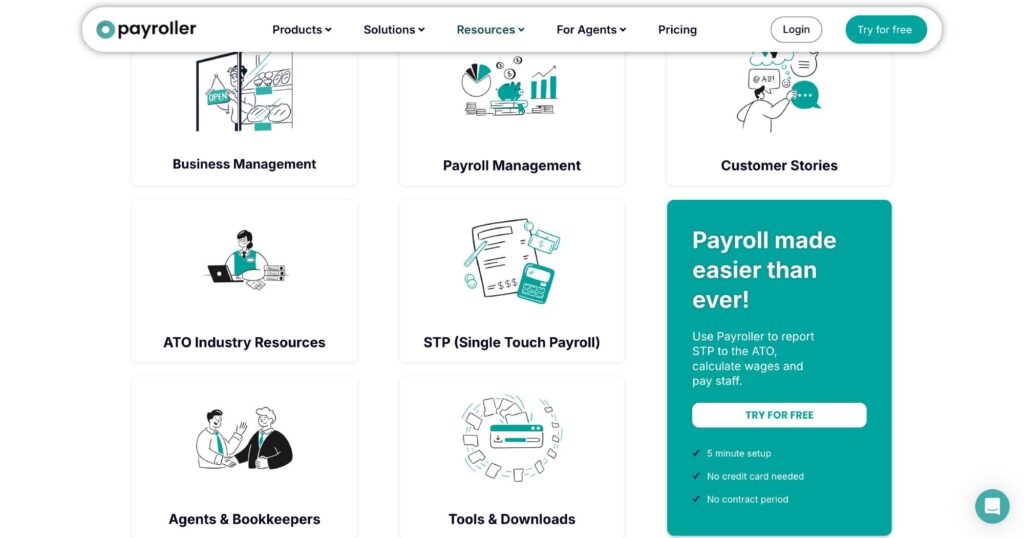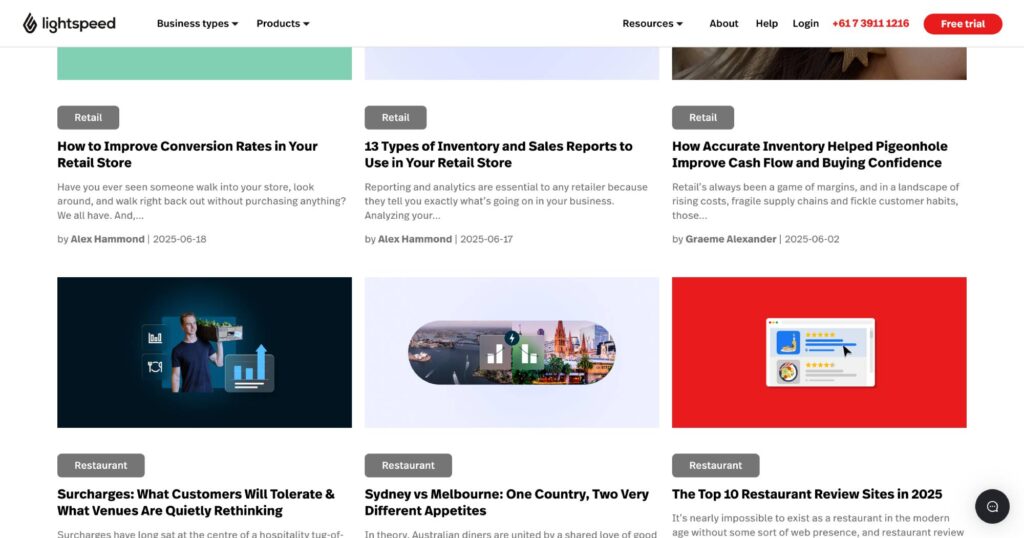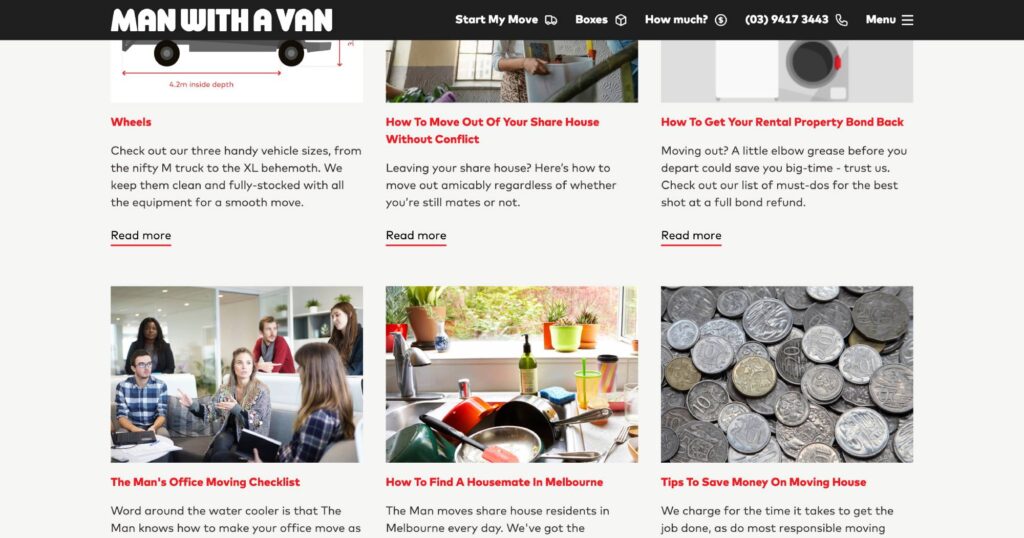In a world of fast-moving trends and the rise of social media platforms, it’s easy to question if blogging still holds its ground.
But for small business owners looking to build visibility, trust, and long-term growth, the answer is still very much a resounding yes!
Blogging for small businesses goes far beyond simply filling up your website with words; it’s about having all the right elements for a business blog, and creating meaningful connections, driving organic traffic, and positioning your brand as a trusted voice in your industry.
Whether you’re just starting out or looking to refresh your content strategy, understanding the benefits of blogging for small businesses can help you make smarter marketing decisions.
From improving your search engine rankings to nurturing customer relationships, business blogging remains one of the most cost-effective and versatile tools in your digital toolkit.
In this post, we’ll explore exactly how blogging can support your business goals, with practical insights and examples to help you get the most out of every blog post that you publish.
The eight benefits we’ll discuss in this post, are;
- Improves your search engine visibility
- Builds trust and authority
- Connects you with your audience
- Supports your sales funnel
- Drives long-term organic traffic
- Fuels your content ecosystem
- Helps you educate your customers
- Builds your brand personality
Let’s roll up our sleeves, and dig further down into each of them!

Improves your search engine visibility
One of the most impactful benefits of blogging for small businesses is how it enhances your visibility in search engine results. Every blog post you publish creates a new indexed page on your website, which gives search engines more content to crawl and more opportunities to match your site with relevant search queries.
But it’s not just about quantity, it’s about quality and strategy. By targeting specific keywords that your ideal customers are searching for, you can attract highly relevant traffic to your site.
This includes long-tail keywords like “eco-friendly cleaning tips for small offices” or “how to choose the right accounting software for freelancers.” These phrases may have lower search volume, but they often bring in visitors who are closer to making a decision.
Blogging also helps improve your site’s authority over time. When you consistently publish helpful, well-structured content, other websites are more likely to link to your blog posts. These backlinks signal to search engines that your content is trustworthy and valuable, which can boost your rankings even further.
Another key benefit is freshness. Search engines like Google prioritise websites that are regularly updated. A business blog keeps your site active and signals that your business is engaged and relevant. This can give you an edge over competitors with static websites that rarely change.
For small businesses, especially those in competitive local markets, optimising your blog posts can also support local SEO efforts.
By including location-specific keywords and topics, such as “best cafes in Sydney” or “Perth-based graphic design tips”; you can increase your chances of appearing in local search results and attracting nearby customers.
In short, blogging is one of the most cost-effective ways to improve your SEO. It helps you show up where your customers are already looking, builds your credibility, and drives consistent, organic traffic to your site—all without relying on paid ads.


The Zephyr and Stone blog features beautiful photography and clear categories. Their large subscription form in the footer would help drive good subscriber numbers.

Builds trust and authority
One of the most valuable benefits of blogging for small businesses is the opportunity to build trust with your audience. When you consistently publish helpful, relevant content, you’re showing potential customers that you understand their needs. Not only that, but you have the expertise to support them.
Over time, this positions your business as a reliable source of information. You’re not just a company trying to make a sale.
Blogging allows you to share insights, answer common questions, and offer solutions to real problems. This kind of transparency and generosity creates a sense of credibility.
Readers begin to see your business as approachable and knowledgeable, which can make all the difference when it’s time for them to choose between you and a competitor.
For small businesses, especially those competing with larger brands, this trust factor is a powerful equaliser. It helps you stand out by showing the human side of your business and reinforcing your commitment to serving your community or niche.


The Payroller blog has a good visual appeal, and clearly defined audiences and topics. Their use of call to actions helps them encourage readers into their sales funnel.

Connects you with your audience
Among the most meaningful benefits of blogging for small businesses is the chance to build genuine connections with your audience. A blog gives your brand a voice; one that can inform, inspire, and engage readers in a way that static web pages or product listings simply can’t.
Through blog posts, you can speak directly to your customers’ interests, challenges, and goals. Whether you’re answering frequently asked questions, sharing behind-the-scenes stories, or offering helpful tips, you’re creating content that feels personal and relevant.
This kind of communication helps humanise your business and makes it easier for people to relate to what you do.
Blogging also opens the door for two-way interaction. Readers can leave comments, share your posts, or reach out with questions; turning your website into more than just a digital storefront. It becomes a space for conversation and community.
For small businesses, especially those rooted in local areas or niche markets, this connection can be a powerful driver of loyalty and word-of-mouth growth. When people feel heard and understood, they’re more likely to stick around; and to tell others about you.

Supports your sales funnel
One of the often-overlooked benefits of blogging for small businesses is how effectively it supports your sales funnel. A well-planned blog strategy can guide potential customers from initial awareness all the way through to decision-making. All of that without feeling pushy or sales-driven.
At the top of the funnel, blog posts can introduce your brand and provide helpful, educational content that draws in curious readers.
As they move further along, you can offer more in-depth articles, case studies, or how-to guides that address specific needs or objections. These posts help build confidence and move readers closer to taking action.
Strategic internal linking also plays a role here. By linking blog content to your service pages, product listings, or contact forms, you’re gently nudging readers toward the next step. Whether that’s booking a consultation, signing up for a free trial, or making a purchase.
For small businesses with limited marketing budgets, this kind of content-driven nurturing is a cost-effective way to keep your funnel full and your audience engaged. It’s about meeting people where they are and offering value at every stage of their journey.


The Lightspeed blog uses similar visuals, and imaginative headlines to encourage readers in. They use plenty of links within the body of each post, to cross link with other content of theirs, as well as other trusted websites.

Drives long-term organic traffic
One of the most rewarding benefits of blogging for small businesses is its ability to generate consistent, long-term traffic. Unlike paid ads that stop delivering results the moment your budget runs out, a well-written blog post can continue attracting visitors for months or years after it’s published.
This is especially true for evergreen content, which covers the perfect blog topics that remain relevant to your audience over time. Posts that answer common questions, explain key concepts, or offer practical advice tend to perform well in search engines and get shared repeatedly.
As more people discover and link to your content, your visibility grows, creating a steady stream of organic traffic without the ongoing costs of advertising or pay per click campaigns.
For small businesses with limited marketing budgets, this kind of sustainable reach is incredibly valuable. It means your blog can keep working in the background, bringing in new leads and building brand awareness while you focus on other parts of your business.
The key is consistency. By publishing high-quality content regularly, you’re building a library of resources that can continue to deliver value long after the initial post goes live.

Fuels your content ecosystem
One of the most practical benefits of blogging for small businesses is how easily blog content can be repurposed across other marketing channels.
A single blog post can become the foundation for a week’s worth of social media updates, an email newsletter, a short video, or even a downloadable guide.
This not only saves you valuable time and helps promote your blog posts, but it also ensures your messaging stays consistent and cohesive across platforms.
Repurposing content helps you reach different segments of your audience in the formats they prefer. Some people love reading in-depth articles, while others might engage more with a quick Instagram carousel or a post on your business Facebook page.
By adapting your blog content to suit each platform, you’re meeting your audience where they are; without having to start from scratch every time.
For small businesses with limited resources (that’s most of us, right?), this approach is a smart way to stretch your content further. It reinforces your key messages by presenting them in multiple formats, helping your audience absorb and remember what you stand for.


The Greg Grant Saddlery blog has descriptive headlines and detailed actionable content. Each article also links to related products within their online store.
Helps you educate your customers
One of the most empowering benefits of blogging for small businesses is the ability to educate your customers. A blog gives you the space to explain your products or services in more depth, answer common questions, and guide readers through important decisions, all without the pressure of a sales pitch.
Educational content builds confidence. When customers understand how something works, why it matters, or how to get the most out of it, they’re more likely to make informed choices and feel good about their purchase.
Whether you’re breaking down industry jargon, offering how-to guides, or sharing expert tips, your blog becomes a trusted resource that adds real value.
This kind of content also helps reduce friction in the buying process. By addressing concerns or misconceptions upfront, you can remove barriers that might otherwise prevent someone from moving forward. And for returning customers, educational posts can deepen their knowledge and strengthen their loyalty.
For small businesses, especially those offering niche or service-based solutions, blogging is a powerful way to teach, support, and empower your audience; while quietly reinforcing your expertise.


The Man with a Van blog has relevant topics to keep a consistent message, and good keyword spread. Their use of related article links ensures readers explore further than their first page.

Builds your brand personality
One of the more creative benefits of blogging for small businesses is the chance to shape and showcase your brand’s personality.
While your homepage and product pages might focus on what you offer, your blog is where you can express who you are as a team or a brand. It’s a fantastic space to share your values, voice, and the stories that make your business unique.
Through consistent tone, storytelling, and thoughtful content, blogging helps you develop a recognisable identity. Whether your brand is playful and quirky or calm and authoritative, your blog gives you the freedom to lean into that voice and connect with readers on a more personal level.
This personality-driven content helps humanise your business. It makes your brand feel approachable and relatable; especially important for small businesses that thrive on trust and community.
Over time, readers begin to associate your tone and style with your values. This can lead to stronger emotional connections and long-term loyalty.
In a crowded digital space, personality is often what sets you apart. Blogging gives you the platform to let it shine.

Conclusion
As digital marketing continues to evolve, the benefits of blogging for small businesses remain as relevant as ever.
From boosting your visibility in search engines to building trust, nurturing leads, and expressing your brand’s personality, blogging offers a powerful mix of practical and creative advantages.
Once again, those eight benefits of blogging for small businesses, are;
- Improves your search engine visibility
- Builds trust and authority
- Connects you with your audience
- Supports your sales funnel
- Drives long-term organic traffic
- Fuels your content ecosystem
- Helps you educate your customers
- Builds your brand personality
It’s not just about publishing content; it’s about creating value. A thoughtful blog strategy can help you connect with your audience. As well as support your sales goals, and keep your business top of mind in a competitive landscape.
If you’re ready to tap into the benefits of blogging for small business, start by identifying the blog topics your audience cares about most. With consistency, clarity, and a bit of personality, your blog can become one of your most valuable marketing tools.








